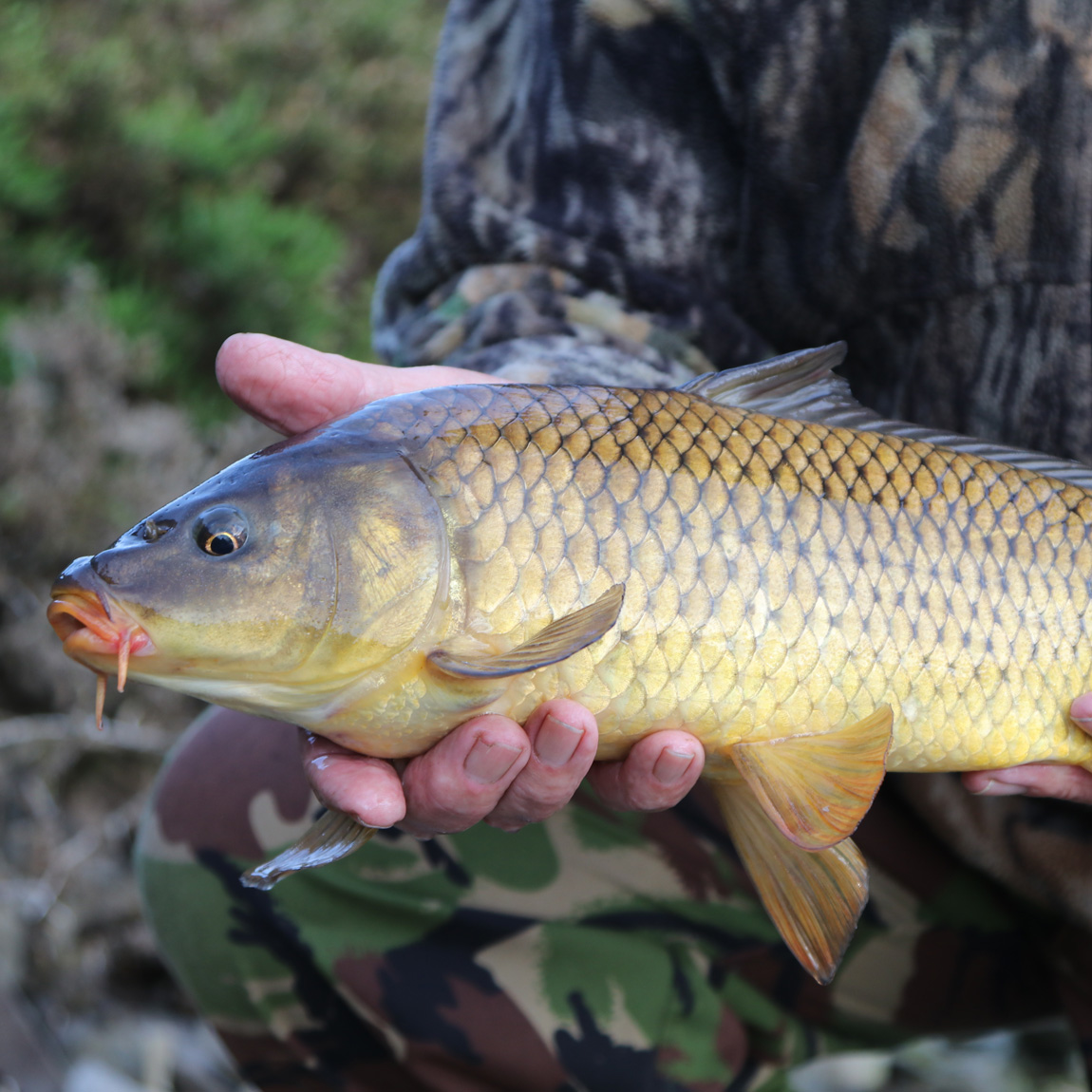4 February 2021
The Wild Carp Trust has been granted permission by the owners of Pant y Llyn in Wales to remove eggs and fry and enter them into a new conservation programme.
The Kidston family, who have owned Pant y Llyn and the surrounding Glanwye Estate for hundreds of years, is delighted that the carp that live in their llyn are to become the first fish to be protected by the Wild Carp Trust.
Fennel Hudson, Chair of Trustees for the Wild Carp Trust, said: “We’re delighted that the Kidston family have agreed to help the Wild Carp Trust. Pant y Llyn has been a famous wildie lake since the 1940s, rising to popularity amongst wild carp ‘grail seekers’ in the 1960s. I first read about the water in John Bailey’s book Casting for Gold in 1991 and was deeply moved when I eventually fished there in 2008. Indeed, it serves as the finale to my Wild Carp book, where I call it The Sanctuary. It’s a very special place, with equally special fish.”
At 1400 feet above sea level, Pant y Llyn is thought to be the highest carp lake in the UK, with carp stocked by the monks of nearby Abbey Cwm Hir in the middle ages. This potentially makes the strain of fish one of the oldest in Britain.
Like many wild lakes, Pant y Llyn has become popular with wild swimmers and paddle-boarders and as such the carp’s behaviour has changed, with fewer fish present in the edges of the lake and more taking refuge in the less-disturbed centre of the lake.
Fennel Hudson continues, “It would be all-too-easy for these fish to be negatively affected by recent human activity. People swim and paddle in the lake, then wash themselves clean with soaps and detergents. These chemicals are so damaging to aquatic life. Add to this the constant threat of otter and avian predation, or the possibility that some unknowing soul might stock the water with a modern strain of carp, and the fishes’ future could look depressingly bleak. Hence why the Wild Carp Trust is justifiably delighted to be able pursue conservation activities at Pant y Llyn so that we may secure some of these fish in our ‘ark project’ to secure the strain’s future.”
The Wild Carp Trust will report progress of these conservation activities via its blog, so please keep returning for news updates.
